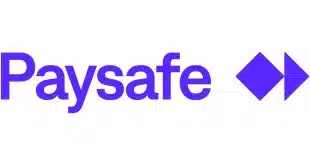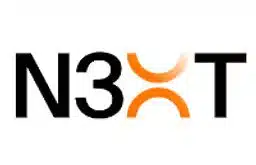The cost of check scanners is the biggest hurdle to small businesses' adoption of remote deposit capture, says a new report from Boston-based researcher Celent LLC. Yet only 15% of banks offer clients free scanners, with half requiring them to buy the machines upfront, either from the bank or from a vendor, the report says. One-third absorb the scanner costs into monthly fees for remote capture service. The research suggests banks' best move is to subsidize the devices entirely or bundle their cost into the price of the service; failing that, the report says, they could consider relying on scanner devices most businesses already have on premise. Solving the scanner puzzle could unlock a significant market for banks looking to expand their footprint in remote capture, a service that allows businesses to deposit checks electronically from their offices. Celent estimates about 14.5 million small businesses are candidates for remote deposit capture. While just 1% of these establishments have adopted remote capture so far, that adoption rate should climb to 18% by 2012 with expected competition in service fees and lower-cost scanners, Celent says. At the same time, checks remain crucially important to small businesses, accounting for between 85% and 100% of receivables for 41% of them, according to Celent's research. Still, with scanners ranging from $500 to $1,000, depending on features, small business owners balk, feeling the value isn't apparent, says Bob Meara, senior analyst at Celent and author of the report. Owners compare scanner costs to the office equipment they could buy for the same price, and ask, “why does this little check scanner cost $500?help me with that,” Meara tells Digital Transactions News. Check scanners, which make check images for transmission to banks and also have MICR read heads to capture the magnetic-ink character recognition lines on checks, are likely to fall in price later this year as scanner makers introduce less expensive models in response to demand from banks. “My understanding is a number of banks that have been squeaky wheels about this have been harping on the $200 or below price point,” Meara says. Prices may have to fall significantly to match small businesses' expectations. The smallest businesses, those taking in less than $500,000 in revenue annually, expect scanners to cost about $100 or even less, according to Celent's research. But even larger businesses, those with $5 million or more in revenue, look for a price of about $200. This research confirms a similar conclusion reached by Aite Group LLC in a report it released last week (Digital Transactions News, March 4). In Aite's survey, some 58% of small businesses not currently using remote capture said free scanners from their banks would make their adoption more likely. Many small merchants served by independent sales organizations for credit card processing are receiving free card terminals, making them more likely to have the same expectation for check devices. Celent's report suggests that, for low-volume businesses, banks could rely on scanner devices most offices already have installed, such as the common fax-machine-copier-scanner machines. The drawback with these machines is that they lack MICR read heads, making it necessary to perform optical-character recognition and other image analytics to capture check code lines. But image quality should be acceptable, the report says. Banks are pursuing remote deposit capture as a way to attract new business accounts and to protect existing ones from rival banks also offering the service, which merchants find convenient because it cuts down on trips to the bank or on courier costs. Some banks may also be able to save on branch personnel as branch traffic subsides. Once the bank receives the images from client offices, it sends them on for clearing through image exchange networks.
Check Also
Eye on Crypto: N3XT Partners With YouHodler; Barclays Eyes a Blockchain
N3XT Inc., a blockchain-powered bank, has partnered with YouHodler, a Web3 platform that supports crypto-backed …







